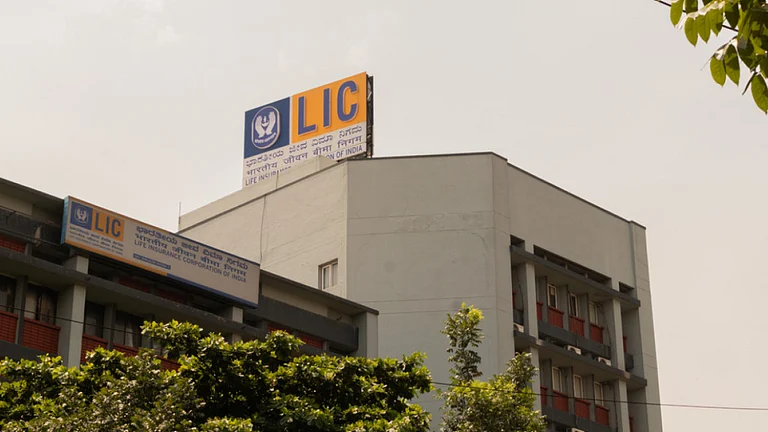Audio OTT platform Kuku FM’s co‑founder and chief executive officer Lal Chand Bisu has accused rival Pocket FM of conducting a smear campaign against the company.
In a post on X, Bisu stated, “This is the standard of my competitor founders. Playing completely dirty games! They still think they can beat the competition through fake PR and paid Twitter trends.”
Bisu accompanied his post with a screenshot of a chat in which someone claimed that Pocket FM’s public‑relations agency was responsible for the trending posts against Kuku FM on X.
At the time of writing, “KUKUFM FRAUDULENT METHODS” was ranked fourth on X, with approximately 2,400 posts. While most appeared unrelated to Kuku FM, several individuals complained about the company’s refund process.
“Refunds are processed partially with no visible audit trails or reference IDs, erasing the ability to dispute or verify payments,” a user posted on X.
According to sources within Kuku FM, Pocket FM appears to have hired a social‑media agency to tarnish the platform’s reputation as it begins discussions with investors to secure new funding, Inc42 reported.
Pocket FM dismissed Bisu’s allegations. In a statement, a spokesperson said, “These are baseless allegations. We are disappointed and hurt to see unfounded personal accusations that misrepresent us and cross the line. We prefer investing our energy in innovation rather than being distracted by unproductive noise.”
Previously, Moneycontrol reported that Kuku FM was aiming to raise $ 70 million (₹ 600 crore) in a new funding round led by Granite Asia. The sources confirmed that the startup is in early discussions but did not provide a timeline for completion.
Kuku FM Fundraise
Kuku FM is reportedly close to securing a ₹ 600 crore funding round led by Singapore‑based investment firm Granite Asia. The funding reflects strong investor confidence in the platform’s growth but comes amid concerns about certain user‑experience standards in India’s digital ecosystem.
Concerns have been raised about so‑called dark patterns, user‑interface designs that manipulate users into making unintended choices, such as unknowingly signing up for paid subscriptions. These practices often take the form of low‑cost trial offers, where consumers are charged ₹ 1 or ₹ 2 for a short‑term trial, only to be automatically billed higher amounts (₹ 149 to ₹ 699) after the trial ends.
Many consumers have expressed dissatisfaction, stating that they did not receive clear notifications about the automated charges. In some cases complaints have reached the Reserve Bank of India (RBI), alleging that such billing practices deceive consumers.

































